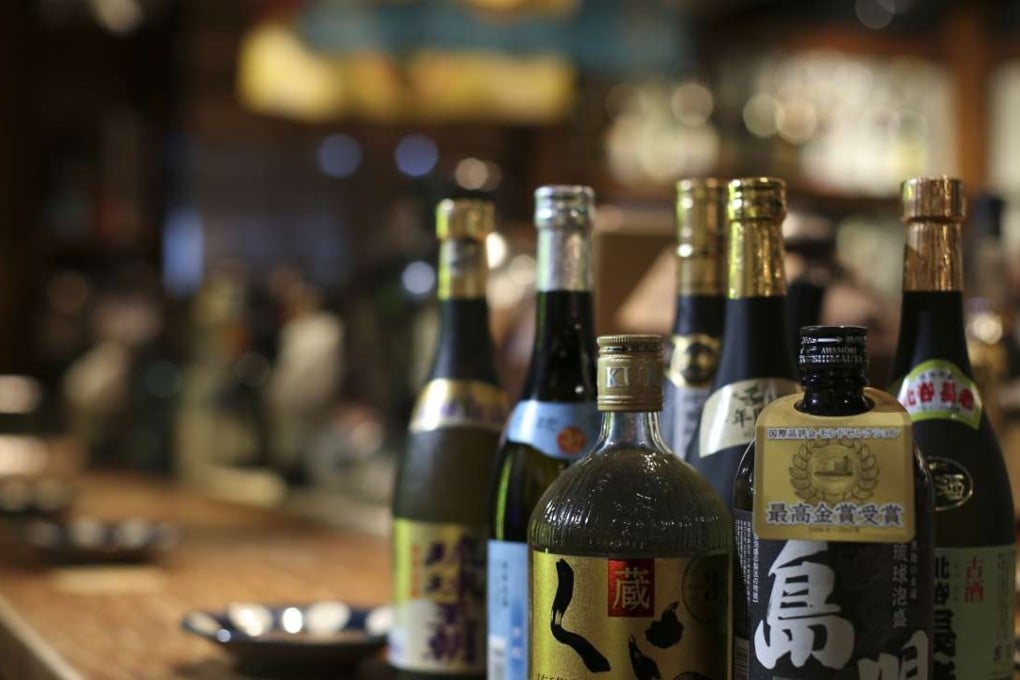All about awamori, rice spirit from Okinawa that’s new to Hong Kong restaurants
Ku-suya Rakuen in Causeway Bay and Yardbird in Sheung Wan serve the drink, made from Thai rice, neat, with mixers and in cocktails, and have paired some of the concoctions with food

Yardbird, the popular yakitori restaurant in Sheung Wan, is known for its wide range of Japanese liquors such as umeshu (plum wine), sake, shochu and Japanese whisky, many of which feature in the inventive cocktails. While Hong Kong diners are generally familiar with these drinks, the restaurant recently has started to make cocktails with a lesser-known Japanese spirit, awamori.
Unique to Okinawa, awamori is hard to find outside Japan. Elliot Faber, Yardbird’s beverage director, explains: “Awamori is a protected appellation distillate produced in Japan’s 47th prefecture of Okinawa. Rather than being simply fermented from Japanese rice as in sake production or being fermented and then distilled from multiple ingredients ranging form corn to barley and soba as in shochu production. Awamori is distilled exclusively from Thai rice.”

About as close to Hong Kong as it is to Tokyo, Okinawa was known as the Ryukyu Kingdom and separate from mainland Japan, until the 19th century, so many of Okinawa’s traditions come from other parts of Asia. Add to that its subtropical weather and beautiful beaches and even Japanese people see the archipelago as a little different from the rest of the country.

“It’s the taste of the Hawaii of Japan – that was the inspiration,” says Abergel of their new awamori cocktail, named Okinawa Express. With pineapple juice, lime, Okinawa black sugar, black sugar shochu and aged awamori, Abergel says “The goal for the cocktail and our service of awamori is to make it accessible”.